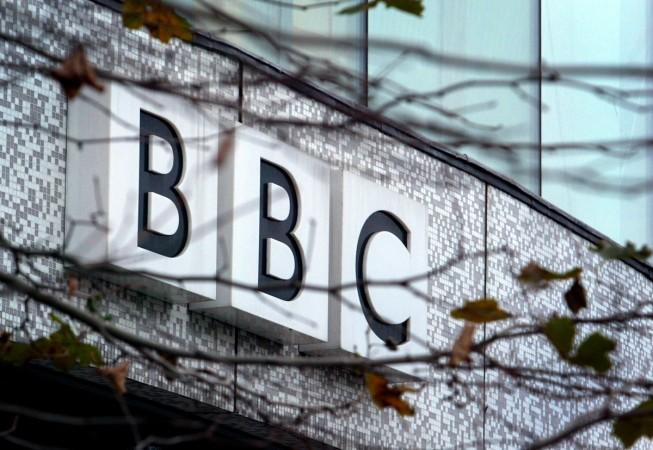
The British government has put out a white paper on how the British Broadcasting Corporation (BBC) will be run for the next 11 years, after its current Royal Charter expires in December 2016, reported the BBC, the public broadcaster of the U.K., on its future course of development. The charter, which sets the broadcaster's rules and purpose, will be an outcome of the discussions parliamentary members will have on the white paper this autumn.
The paper highlights a new mission statement for the broadcaster: "To act in the public interest, serving all audiences with impartial, high-quality, and distinctive media content and services that inform, educate and entertain."
Culture Secretary John Whittingdale said popular programmes in prime slots should be aired because of their innovative and high quality than their potential to get high ratings.
Urging BBC to put "distinctive content" at its heart, Whittingdale said the broadcaster needs to pay greater attention to under-served audiences, particularly the black, the Asian and the ethnic minorities.
BBC Trust will be replaced by a new unitary board to run day-to-day matters, while Ofcom will become the corporation's external independent regulator, said the culture secretary. BBC, however, will have the ability to appoint majority of the board, independent of the government.
The new regulator, Ofcom, said: "We are confident that, with the right resources and planning, we can undertake our new responsibilities effectively and independently."
Licence fee, which will continue throughout the next 11 years of the charter period, was becoming less sustainable, said the white paper. It added that the future of licence fee was bleak and new subscription services need to be explored. Going further, consumers of BBC content online would also have to pay, similar to its television subscribers, it said.
To move along with times, the licence fee will henceforth be linked to inflation, it said. Current charges are frozen at £145.50 since 2010 and will rise with inflation from 2017.
"The government therefore welcomes BBC's intention to explore whether additional revenue could be raised at home or abroad from additional subscription services, sitting alongside the core universal fee," Whittingdale said.
In another section, the white paper stipulated that all BBC employees and freelancers earning more than £450,000 would be named.
In a rebuttal, shadow culture secretary Maria Eagle said the secretary was being "extremely hostile to BBC" and had intentions of diminishing it in size. She countered that Whittingdale's "obsession with distinctiveness" should not be included in the broadcaster's mission statement.














